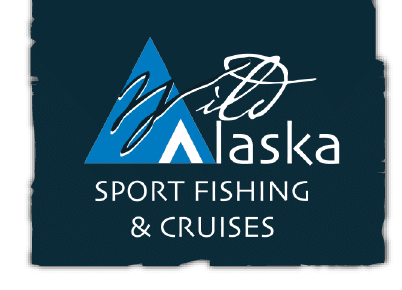Job Description - Skipper / Captain / Master
The captain controls the operation of the vessel when underway and commands the crew. The skipper oversees navigation, manages, and supervises the operation of the vessel at sea, in port and at anchor. The skipper consults weather forecasts, makes a voyage plan, and conducts equipment and inventory inspections in preparation of the vessel leaving port. The skipper also oversees and conducts routine engineering duties. The Ship’s Captain may perform the following tasks:
- Control and direct the ship during berthing and mooring.
- Plan navigation according to relevant rules and regulations, allowing for possible emergencies during the voyage.
- Ensure safety regulations are followed.
- Oversee the receipt and transmission of information by radio and telephone.
- Ensure the ship runs safely, efficiently, and economically.
- Monitor and maintain procedures for fire hazard, abandon ship, and damage control requirements.
- Record in necessary notations in the daily logbook.
- Coordinate cargo loading and discharge operations.
- Oversee and assist in maintenance activities and requirements.
- Keep watch from the bridge in watches (shifts) while at sea.
- Determine the position of the ship relative to other vessels and obstructions.
- Assist with lines while berthing and conducting towing operations.
- Assist deck crew with routine maintenance and cleaning.
- Assist and instruct guests with safety and familiarization briefings.
- Assist guests and crew with setting and pulling crab and shrimp pots.
- Provide medical and/or first aid treatment for guests and crew.
- Conduct routine and periodic maintenance on the vessel.
- Assist crew with routine and periodic maintenance of vessel.
- Assist crew in refueling operations.
- Assist the crew with fish handling as needed.
Daily activities include obtaining weather briefings, assisting management in planning the day’s itinerary, assisting with loading and off loading skiffs, providing information to guests (i.e. sightseeing of whales, bears, sea lions, glaciers and icebergs) while at anchor and underway. Occasionally the skipper will assist in the handling of pots, lines, fish, fish cleaning equipment and winches, and hospitality services such as assisting guests with the operation of skiffs and kayaks, and explaining the flora and fauna of Southeast Alaska. Captains and skippers work in all types of weather conditions and spend long periods living aboard the vessel. Conditions can be cramped, and may be required to work odd hours. Shifts could be several hours of work, followed by time off, then several more hours of work.
A Captain / skipper’s daily duties will vary greatly. A typical day might include:
- 6:00 a.m. Generator startup/wakeup call. Assist guides with maneuvering and fueling guide boats for the day, check weather, discuss and coordinate plans for the day with skippers and crew.
- 8:00a.m. Assist in loading guests and gear in guide boats, handle lines for embarking guide boats.
- Daytime. Relocate vessel to pre-determined anchorage, conduct routine or required maintenance and repairs to vessel and equipment, set anchor, assist crew in off loading skiffs as required. Supervise deck crew’s routine tasks. Free time.
- 5:00 p.m. Assist crew with lines and disembarking guests, and off load fish. Assist guests with photos of fish, cut and fillet fish, assist deck hand with packing fish, clean up packing area. Assist crew and guests with setting crab and shrimp pots as required.
- 7:00 p.m. Enjoy dinner with guests. • After dinner, assist guests with kayaks or guest skiff operation as needed. On occasion, assist or direct guests with trips to shore for stream fishing. Free Time.
Personal Requirements:
- Possession of Master of Inland Waters, 125 Gross Tons minimum.
- Possession of valid Alaska fishing and Alaska sport fishing guide licenses.
- Possession of current CPR and First Aid card.
- Willingness to spend time aboard ship in remote locations for up to six months.
- Ability to pass a pre-employment drug test and subsequent random drug tests.
- Experience and ability in handling a vessel over 100 tons.
- Experience and aptitude in vessel engineering, maintenance and repair.
- Experience with diesel engines, generators, and computers.
- Responsibility and punctuality.
- Physical fitness, including the ability to lift 50 pounds.
- Knowledge of safety procedures.
- Good hand-eye coordination, sense of balance, alertness, and common sense.
- Ability and willingness to work as part of a team.
- Enjoyment of practical work, working outdoors, and working with people.
- Friendly and courteous manner when interacting with guests and crew.
- Good communication skills.
- Good customer service and customer relations skills
